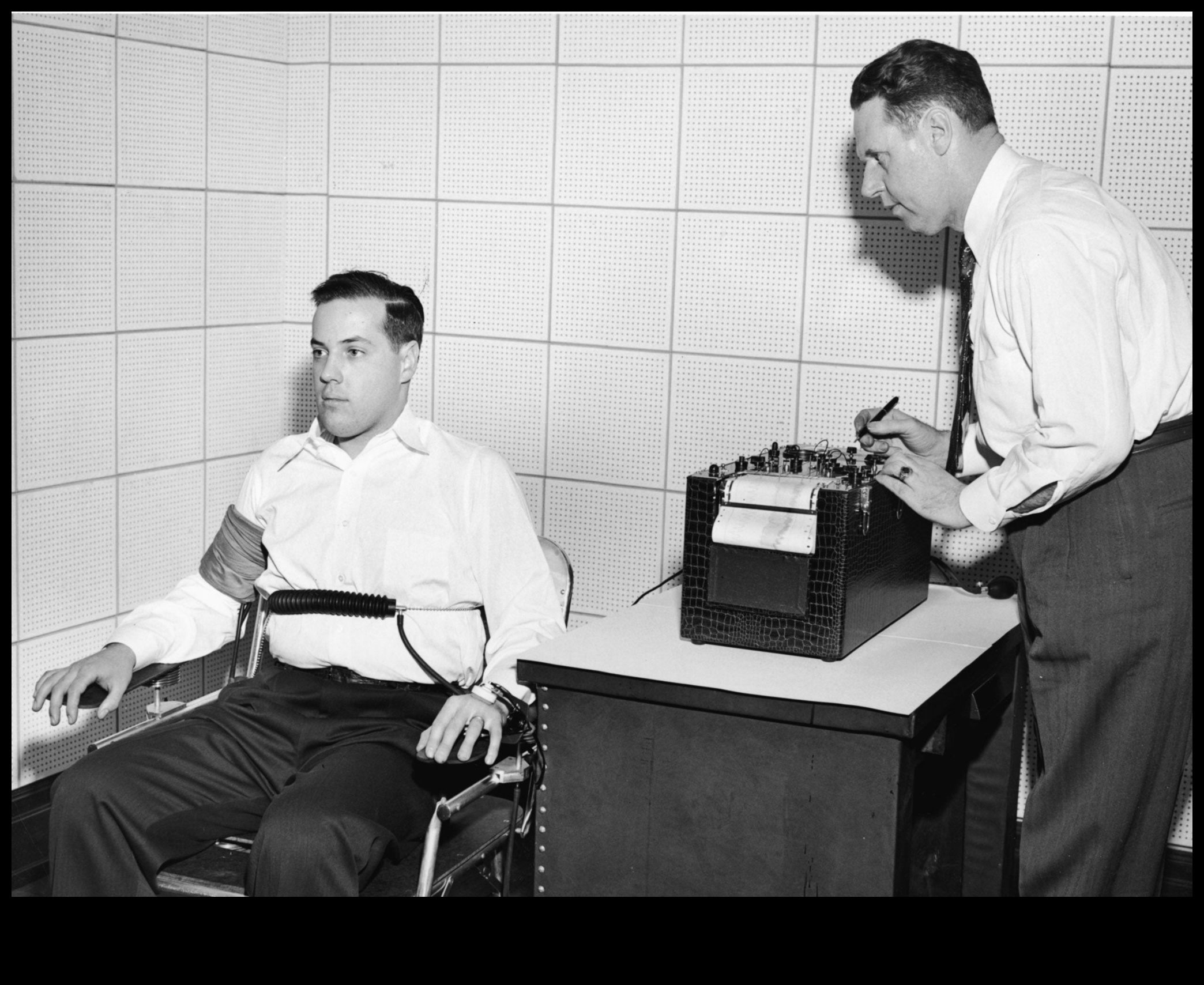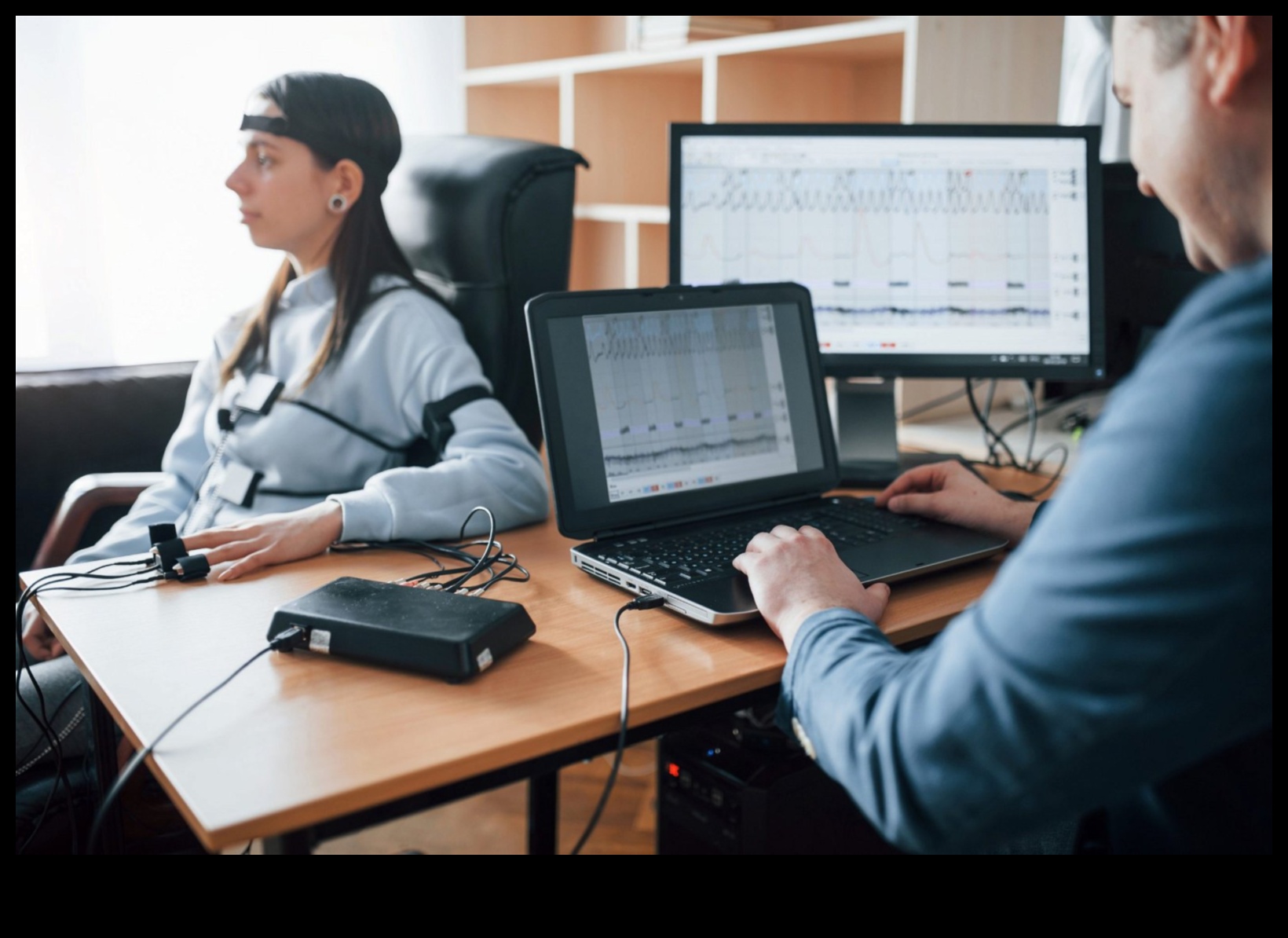
I. Introduction
II. History of Polygraphs
III. How Polygraphs Work
IV. Accuracy of Polygraphs
V. Admissibility of Polygraphs in Court
VI. Criticisms of Polygraphs
VII. Legal Challenges to Polygraphs
VIII. The Future of Polygraphs
IX. Resources on Polygraphs
X. FAQ on Polygraphs
admissibility of polygraphs
lie detector test
polygraph
courtroom testimony
credibility of polygraphs
The search intent of the keyword “are polygraphs admissible in court” is to find out whether or not polygraphs are admissible as evidence in a court of law. This is a common question that people have, as polygraphs are often used in criminal investigations and trials. However, the admissibility of polygraphs in court is still debated, and there is no clear answer.
Some people believe that polygraphs are not admissible because they are not scientifically accurate. They argue that polygraphs can be easily fooled, and that the results of a polygraph test can be influenced by the person’s emotional state or their desire to please the examiner.
Others believe that polygraphs are admissible because they can provide valuable information about a person’s guilt or innocence. They argue that polygraphs are more accurate than other forms of lie detection, and that they can help to protect the innocent and convict the guilty.
The debate over the admissibility of polygraphs in court is likely to continue for some time. However, the search intent of the keyword “are polygraphs admissible in court” is clear: people want to know whether or not polygraphs can be used as evidence in a court of law.
| Topic | Features |
|---|---|
| Admissibility of polygraphs |
|
| Lie detector test |
|
| Polygraph |
|
| Courtroom testimony |
|
| Credibility of polygraphs |
|

II. History of Polygraphs
Polygraphs have been used in criminal investigations since the early 20th century. The first polygraph was invented by William Marston in 1917. Marston was a psychologist who was interested in studying human emotions. He believed that the polygraph could be used to measure a person’s physiological responses to stress, which he believed could be used to detect deception.
The polygraph was first used in a criminal investigation in 1923. In this case, the polygraph was used to help identify a suspect in a murder case. The polygraph was successful in identifying the suspect, and the suspect was later convicted of the crime.
Since the 1920s, the polygraph has been used in a variety of criminal investigations. However, the admissibility of polygraphs in court has been debated for many years. Some people believe that polygraphs are not scientifically accurate and should not be used as evidence in court. Others believe that polygraphs can be helpful in criminal investigations and should be admissible in court.
The debate over the admissibility of polygraphs in court is likely to continue for some time. However, the history of polygraphs shows that they have been used in criminal investigations for over a century.
III. How Polygraphs Work
Polygraphs measure physiological changes in the body that are associated with stress. These changes include:
* Increased heart rate
* Increased breathing rate
* Increased sweating
* Increased muscle tension
When a person is lying, they experience stress because they are trying to conceal the truth. This stress causes the physiological changes that are measured by the polygraph.
Polygraphs are not 100% accurate. There are a number of factors that can affect the results of a polygraph test, including:
* The person’s emotional state
* The person’s desire to please the examiner
* The examiner’s skill and experience
For this reason, polygraph tests should not be used as the sole evidence to determine a person’s guilt or innocence. They should be used in conjunction with other forms of evidence, such as eyewitness testimony and physical evidence.
V. Admissibility of Polygraphs in Court
The admissibility of polygraphs in court is still debated, and there is no clear answer. Some people believe that polygraphs are not admissible because they are not scientifically accurate. They argue that polygraphs can be easily fooled, and that the results of a polygraph test can be influenced by the person’s emotional state or their desire to please the examiner.
Others believe that polygraphs are admissible because they can provide valuable information about a person’s guilt or innocence. They argue that polygraphs are more accurate than other forms of lie detection, and that they can help to protect the innocent and convict the guilty.
The debate over the admissibility of polygraphs in court is likely to continue for some time. However, the search intent of the keyword “are polygraphs admissible in court” is clear: people want to know whether or not polygraphs can be used as evidence in a court of law.
V. Admissibility of Polygraphs in Court
The admissibility of polygraphs in court is still debated, and there is no clear answer. Some people believe that polygraphs are not admissible because they are not scientifically accurate. They argue that polygraphs can be easily fooled, and that the results of a polygraph test can be influenced by the person’s emotional state or their desire to please the examiner.
Others believe that polygraphs are admissible because they can provide valuable information about a person’s guilt or innocence. They argue that polygraphs are more accurate than other forms of lie detection, and that they can help to protect the innocent and convict the guilty.
The debate over the admissibility of polygraphs in court is likely to continue for some time. However, the search intent of the keyword “are polygraphs admissible in court” is clear: people want to know whether or not polygraphs can be used as evidence in a court of law.
VI. Criticisms of Polygraphs
There are a number of criticisms of polygraphs, including:
- Polygraphs are not scientifically accurate.
- Polygraphs can be easily fooled.
- The results of a polygraph test can be influenced by the person’s emotional state or their desire to please the examiner.
- Polygraphs are not reliable in detecting deception.
- Polygraphs are used to intimidate and coerce suspects into confessing.
- Polygraphs are a violation of the Fifth Amendment right against self-incrimination.
These criticisms have led to calls for a ban on the use of polygraphs in criminal investigations and trials. However, there is no consensus on whether or not polygraphs should be banned. Some people believe that polygraphs can be a valuable tool in law enforcement, while others believe that they are too inaccurate and unreliable to be used in the courtroom.
VII. Legal Challenges to Polygraphs
Polygraphs have been challenged in court on a number of grounds, including:
- The lack of scientific evidence supporting the accuracy of polygraphs
- The potential for bias on the part of polygraph examiners
- The fact that polygraph tests can be easily fooled
- The potential for polygraph tests to violate a person’s Fifth Amendment right against self-incrimination
In spite of these challenges, polygraphs have been admitted as evidence in some court cases. However, the admissibility of polygraphs in court is still debated, and there is no clear consensus on the issue.
The Future of Polygraphs
The future of polygraphs is uncertain. There are a number of challenges facing the use of polygraphs, including the debate over their accuracy, the cost of administering polygraph tests, and the ethical concerns about using polygraphs in criminal investigations and trials.
Despite these challenges, there are also a number of potential benefits to using polygraphs. Polygraphs can help to protect the innocent, convict the guilty, and deter crime. They can also be used to improve security and reduce workplace accidents.
The future of polygraphs will depend on how these challenges are addressed. If the accuracy of polygraphs can be improved, the cost of administering polygraph tests can be reduced, and the ethical concerns about using polygraphs can be addressed, then there is a good chance that polygraphs will continue to be used in the future.
However, if these challenges cannot be addressed, then the use of polygraphs may decline. It is possible that polygraphs will eventually be replaced by other forms of lie detection, such as brain imaging or facial recognition technology.
Only time will tell what the future holds for polygraphs. However, one thing is for sure: the debate over the use of polygraphs is likely to continue for many years to come.
IX. Resources on Polygraphs
Here are some resources on polygraphs that you may find helpful:
- American Psychological Association: Polygraph
- National Institute of Standards and Technology: Polygraph
- FBI: Polygraph Program
- American Polygraph Association
These resources can provide you with more information about the history, science, and use of polygraphs. They can also help you to understand the pros and cons of using polygraphs in criminal investigations and trials.
X. FAQ on Polygraphs
Q: What is a polygraph?
A: A polygraph, also known as a lie detector test, is a device that measures physiological changes in a person’s body in order to detect deception. These changes can include changes in heart rate, breathing rate, and blood pressure.
Q: Are polygraphs admissible in court?
A: The admissibility of polygraphs in court is still debated, and there is no clear answer. Some courts allow polygraph evidence, while others do not.
Q: What are the criticisms of polygraphs?
A: There are a number of criticisms of polygraphs, including that they are not scientifically accurate, that they can be easily fooled, and that they can be used to intimidate or coerce people.